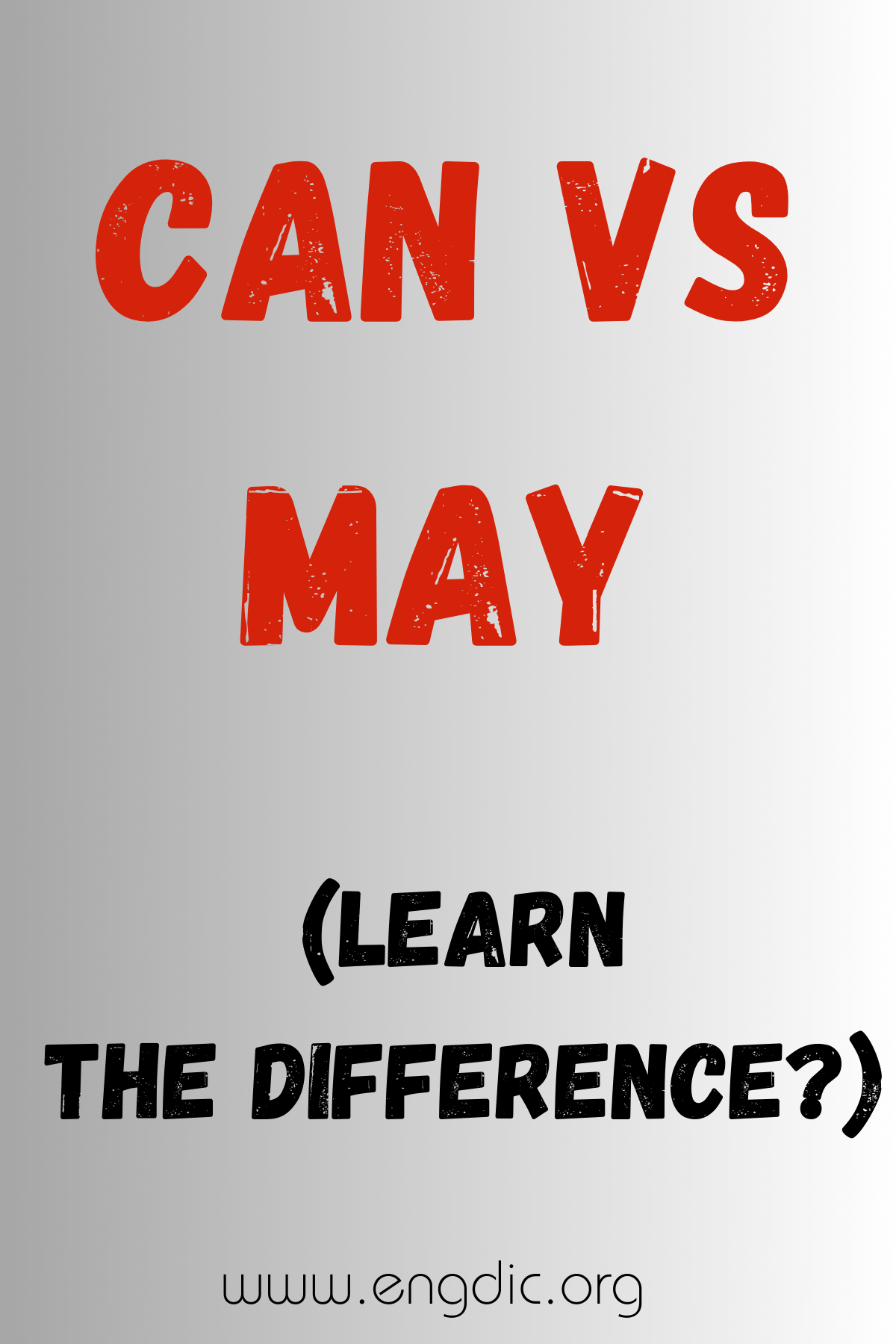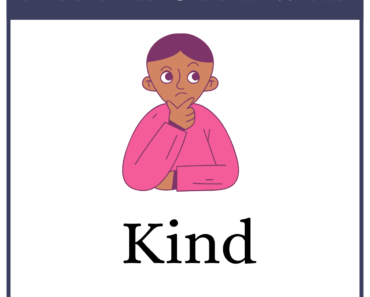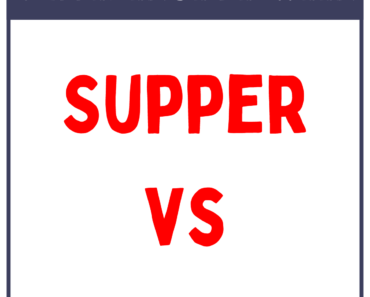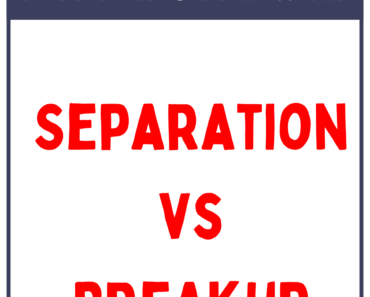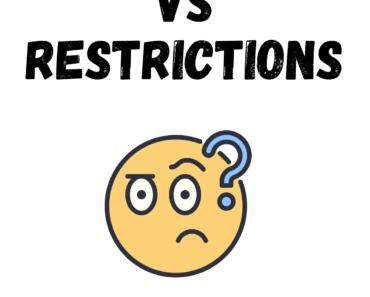When deciding whether to use “can” or “may,” it’s important to understand the subtle differences in permission, ability, and possibility these words convey. “Can” is generally used to express physical or mental ability, while “may” is more formal and often concerns permission or likelihood. The choice between these two can affect the tone and clarity of your communication.
Can
Definition:
“Can” is a modal verb used to express ability, possibility, or permission. It refers to something that is possible or someone’s capacity to do something.
Usage and Examples:
- Ability:
- She can solve complex calculus problems.
- Possibility:
- It can get very cold in the desert at night.
- Informal Permission (less common):
- Can I leave the table now?
May
Definition:
“May” is a modal verb primarily used to express permission or likelihood. It implies a greater degree of formality than “can” when asking for or granting permission.
Usage and Examples:
- Formal Permission:
- May I speak to the manager, please?
- Possibility or Likelihood:
- It may rain later today.
- Wish or Hope (often in a formal or poetic context):
- May you have a prosperous New Year.
